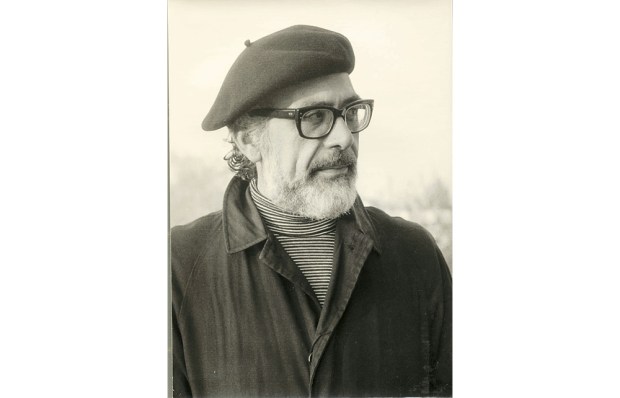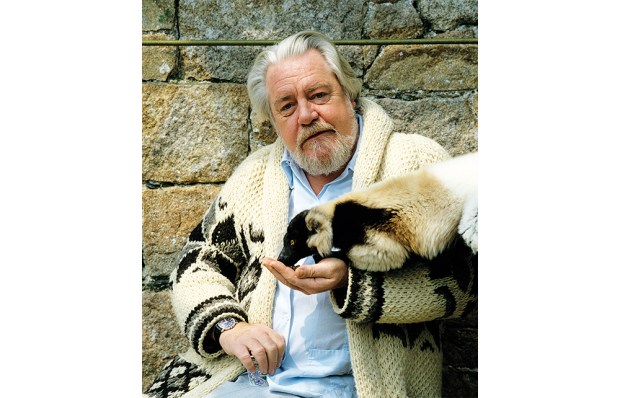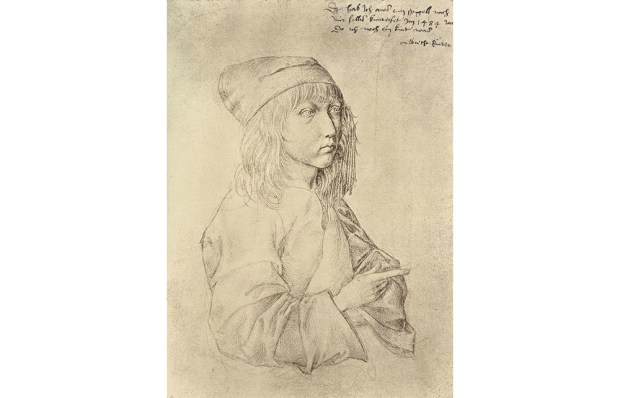The peculiar career of John Bumpass Calhoun (1917-95), the psychologist, philosopher, economist, mathematician and sociologist who was nominated for the Nobel Peace Prize and was the subject of a glowing article in Good Housekeeping, comes accompanied with more than its fair share of red flags. He studied how rodents adapted to different environments and specifically how the density of a population affects an individual’s behaviour.
Already a subscriber? Log in
Subscribe for just $2 a week
Try a month of The Spectator Australia absolutely free and without commitment. Not only that but – if you choose to continue – you’ll pay just $2 a week for your first year.
- Unlimited access to spectator.com.au and app
- The weekly edition on the Spectator Australia app
- Spectator podcasts and newsletters
- Full access to spectator.co.uk
Or
Unlock this article
You might disagree with half of it, but you’ll enjoy reading all of it. Try your first month for free, then just $2 a week for the remainder of your first year.














Comments
Don't miss out
Join the conversation with other Spectator Australia readers. Subscribe to leave a comment.
SUBSCRIBEAlready a subscriber? Log in